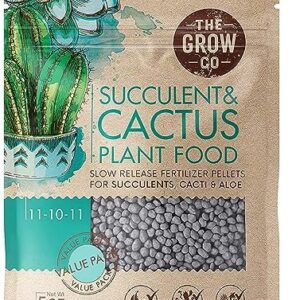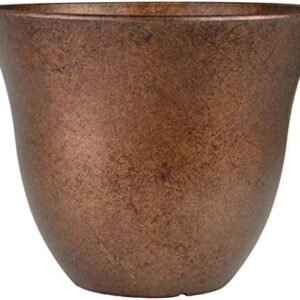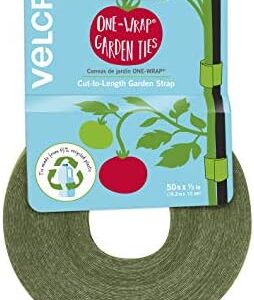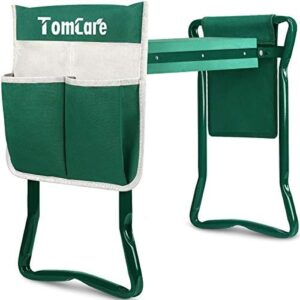As the seasons change, so do the needs of your plants. It’s important to understand how to properly care for your garden throughout the year to ensure it flourishes and thrives. Whether you’re a seasoned gardener or a novice, Seasonal Plant Care 101 is essential knowledge to keep your garden looking its best.
Spring is a time of growth and renewal in the garden. As the weather warms up and the days get longer, plants start to come back to life after the winter months. This is the perfect time to start preparing your garden for the growing season ahead. Begin by cleaning up any debris left over from winter, such as fallen leaves and branches. Prune back any dead or damaged growth to encourage new growth to come in. It’s also a good idea to add a layer of compost or mulch to your soil to replenish nutrients and improve soil quality.
Once your garden is clean and prepped, it’s time to start planting. In the early spring, cool-season vegetables like lettuce, spinach, and peas can be planted directly into the ground. As the weather warms up, you can start planting warm-season crops like tomatoes, peppers, and squash. Be sure to water your plants regularly, especially in the early morning or late evening to prevent evaporation. Mulch around your plants to help retain moisture and keep weeds at bay.
As summer approaches, your garden will be in full swing. This is the time to really focus on watering and fertilizing your plants to support their growth and keep them healthy. Water deeply and infrequently, allowing the soil to dry out slightly between waterings. Be sure to also fertilize your plants regularly with a balanced fertilizer to provide them with the nutrients they need to thrive.
In the heat of summer, it’s important to keep an eye out for pests and diseases that can harm your plants. Check your plants regularly for signs of trouble, such as chewed leaves, yellowing foliage, or wilting. If you notice any issues, take action immediately to prevent them from spreading. You can use natural remedies like neem oil or insecticidal soap to combat pests, or prune away diseased growth to prevent it from spreading.
As the days start to cool off and the nights get longer, it’s time to start thinking about fall. This is the perfect time to start planting cool-season crops like broccoli, cauliflower, and carrots for a late-season harvest. It’s also a good time to start cleaning up your garden and preparing it for winter. Remove any dead or dying plants, clean up debris, and add a layer of mulch to protect your soil over the winter months.
Winter is a time of rest for your garden, but there are still a few tasks you can do to keep it healthy and ready for the next growing season. If you live in a cold climate, be sure to protect your plants from frost and snow by covering them with a layer of mulch or a frost cloth. You can also continue to compost throughout the winter to keep your soil healthy and fertile for the spring.
Seasonal plant care is essential for a flourishing garden. By understanding the needs of your plants throughout the year and taking the time to care for them properly, you can ensure a bountiful harvest and beautiful garden that will bring you joy all year long. Remember to stay attentive to your plants, water and fertilize them regularly, and be proactive in preventing and treating pests and diseases. With a little effort and care, your garden will thrive and reward you with beauty and abundance. So roll up your sleeves, grab your gardening gloves, and get ready to watch your garden grow!






